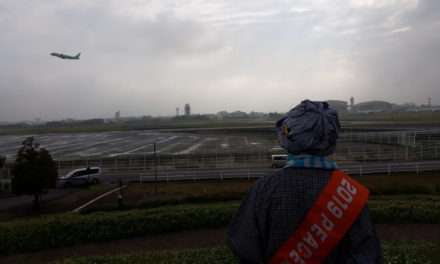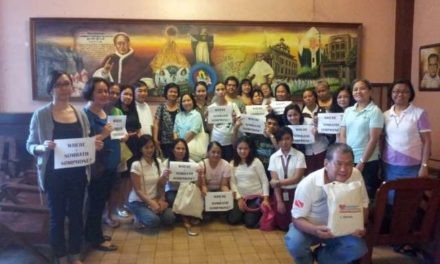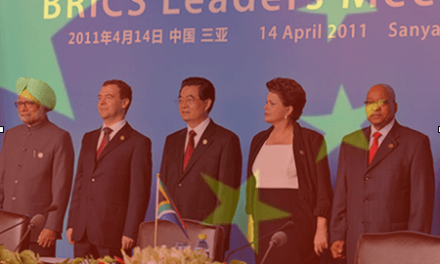Bangkok Post, 21 March 2014 — The Association of Southeast Asian Nations (Asean) is less than one year away from launching its Economic Community or AEC, a common market that will comprise 600 million people and have a combined GDP of nearly US$2 trillion (64 trillion baht).
It is being propped up by free trade and investment agreements with the European Union, the United States, Japan, China and other big partners. Proponents claim the expansion in economic activities will benefit the poor by boosting production and consumption in the region, but is it that simple?
Economic forecasts for the 10 Asean economies are positive; the OECD expects average annual GDP growth of over 5% from 2014 to 2018, with Indonesia reaching 6% growth, and the Philippines at 5.8%.
The Asean Blueprint for economic integration under the AEC, signed in 2007 by Brunei, Cambodia, Indonesia, Laos, Malaysia, Myanmar, Philippines, Singapore, Thailand and Vietnam, envisaged our full integration into the global economy. To pursue this, leaders committed to establishing free-market policies for goods, services, investment, money and labour.
So far, this road map isn’t boosting democracy and socio-economic development. The free flow of investment isn’t really promoting people’s well being, or protecting human rights and realising environmental security. The regulations removed by liberalisation are the same ones that used to protect domestic industries, workers, the environment, and consumers.
The experiences of CLMV countries show that unchecked foreign investment leads to land grabbing and natural resource loss. Many developing nations are now learning the bitter lesson that free trade does not operate on a level playing field and the rules always favour rich countries.
Myanmar is about to host the Asean Summit for the first time. The country is now the prime target of transnational corporations eager to open up its market and exploit its resources.
Myanmar’s accession to the AEC effectively completes Asean’s total submission to the regulations of neoliberal capitalism and the principles, policies and processes of economic liberalisation, as well as the commodification and financialisation of irreplaceable natural resources.
The first Asean People’s Forum/Asean Civil Society Conference is taking place in Yangon right now with more than 1,200 representatives from local organisations, NGOs, and advocacy groups that will discuss the gaps in regional community building and the need to make the bloc more responsive to poor people’s needs.
Indeed, many in the region have been critical of the Asean model of economic integration as governments are losing their policy space to protect and nurture domestic industries, which leads to the de-industrialisation of the more advanced capitalist economies and condemns the rest to the status of underdevelopment.
The race to the bottom is making it harder for countries to protect local farmers that are producing food and their infant industries that are producing goods for domestic use as well as for export.
The corporate takeover of governance of the commons and the rolling back of hard-won rights to local access and management of land, forests and water are undermining human rights standards. Unelected and unaccountable negotiators and consultants, often employed by corporations, trade away our rights in exchange for corporate profits.
Our current methods of wealth production rely on dispossessing the poor and criminalising or oppressing those who promote rights-based development. This scenario worsens poverty and inequality. The region’s record on protecting social, environmental and labour standards is poor, and neoliberal market reforms would make it worse.
Asean countries already have high rates of socio-economic inequality. Thailand, among the most prosperous in the region, is now ranked as the most unequal in Asia, and 12th worldwide, followed by Singapore (29th), Malaysia (33rd), the Philippines (36th), and Cambodia (45th).
Despite the huge amount of wealth swirling in the region, around 66 million people are still living below the poverty threshold in Asean-6 countries and 20 million in CLMV.
Clearly, the model is not working. It’s time to recognise that development can only be sustainable when governments can use their economic policies to pursue national interests, protect and promote local industries, pursue redistribution through equal access to quality public services like education, health, electricity, water and sanitation. Asean countries have a long way to go in this respect.
Dorothy Grace Guerrero is a senior programme officer at Focus on the Global South. (Link to source: Bangkok Post)









